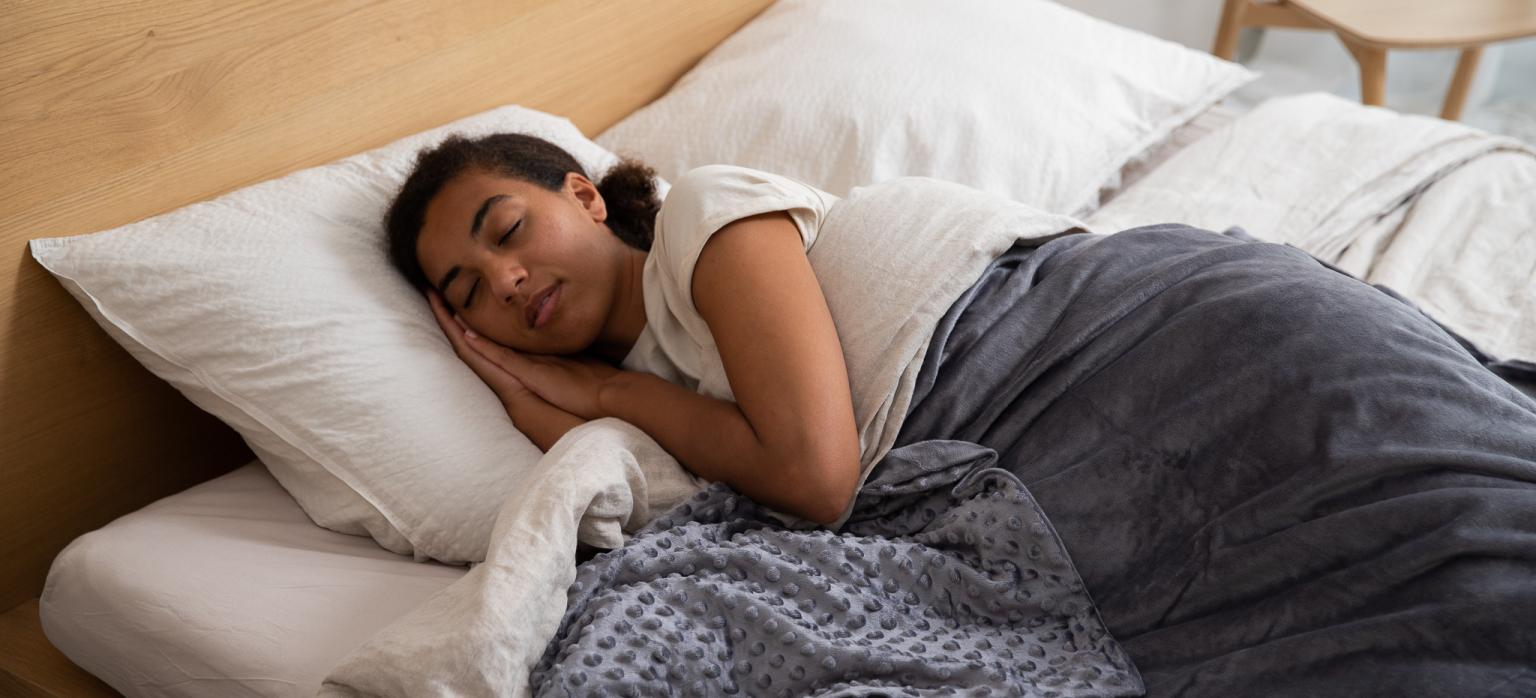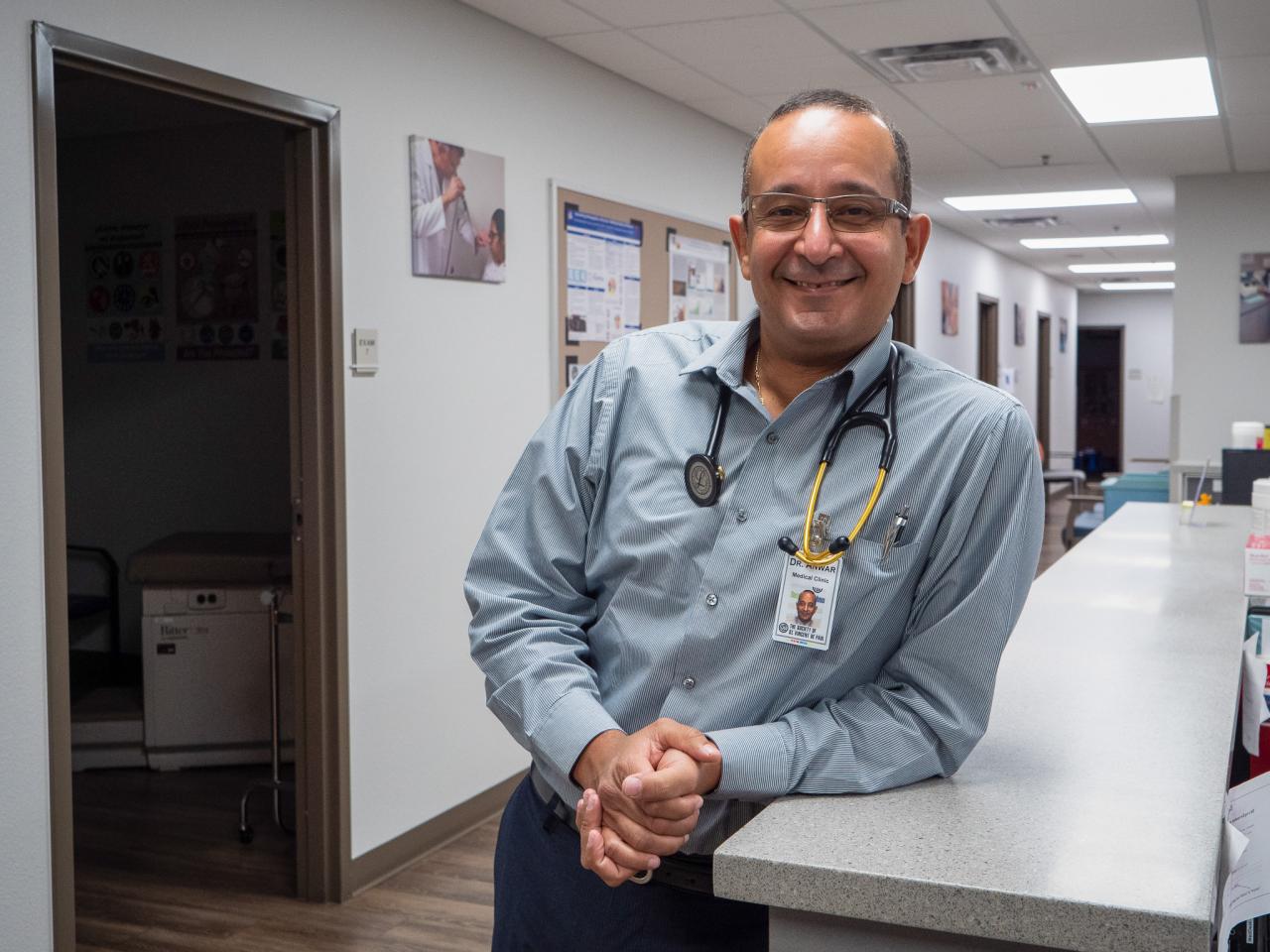
Insomnia and Sleep Hygiene
Dear SVdP Family,
Insomnia is poor sleep quality, or having a frustration with sleep quantity, difficulty falling asleep, or not being able to return to sleep after waking up.
Insomnia gets worse as we grow older. In general, women tend to get affected more than men, and it may cause depression later in life. This is why we need to improve our sleep before it gets out of control.
So, what are good sleep hygiene techniques?
Things you can do during the day:
Start by having adequate exposure to natural light. Avoid napping longer than 1 hour in the day. Avoid substances that may fragment your sleep such as caffeine, nicotine, alcohol, and decongestants such pseudoephedrine. Avoid vigorous exercise and eating large meals. Avoid emotionally upsetting activities or negative conversations.
Things you can do at bedtime:
Start to establish a regular relaxing bedtime routine (30 minutes). Train your mind to associate the bedroom with sleep. Make sure your bedroom is quiet and dark. Get on schedule with sleep time and arising time. Spend no more than 8 hours in bed. Spend no more than 20 minutes awake in bed. Avoid screen time such as TV, computer/tablets, or phones at least one hour before planned bedtime.
If you suffer from insomnia, apply the techniques mentioned above and if your sleep does not improve, talk to your doctor. Avoid taking over the counter medications such as Melatonin or Benadryl before consulting with your doctor.
Keep in mind that there are medical conditions that may affect your sleep such as Restless Legs Syndrome, sleep apnea, heart diseases, asthma, COPD, thyroid conditions, post-menopausal symptoms, anxiety, depression, pain and or shift work sleep disorder. Sleep can be affected by medications you might be taking, so it is important to discuss insomnia with your doctor.
Stay healthy,
Dr. John Anwar

Dr. John Anwar is the Chief Medical Officer of the Virginia G. Piper Medical Clinic at St. Vincent de Paul.



